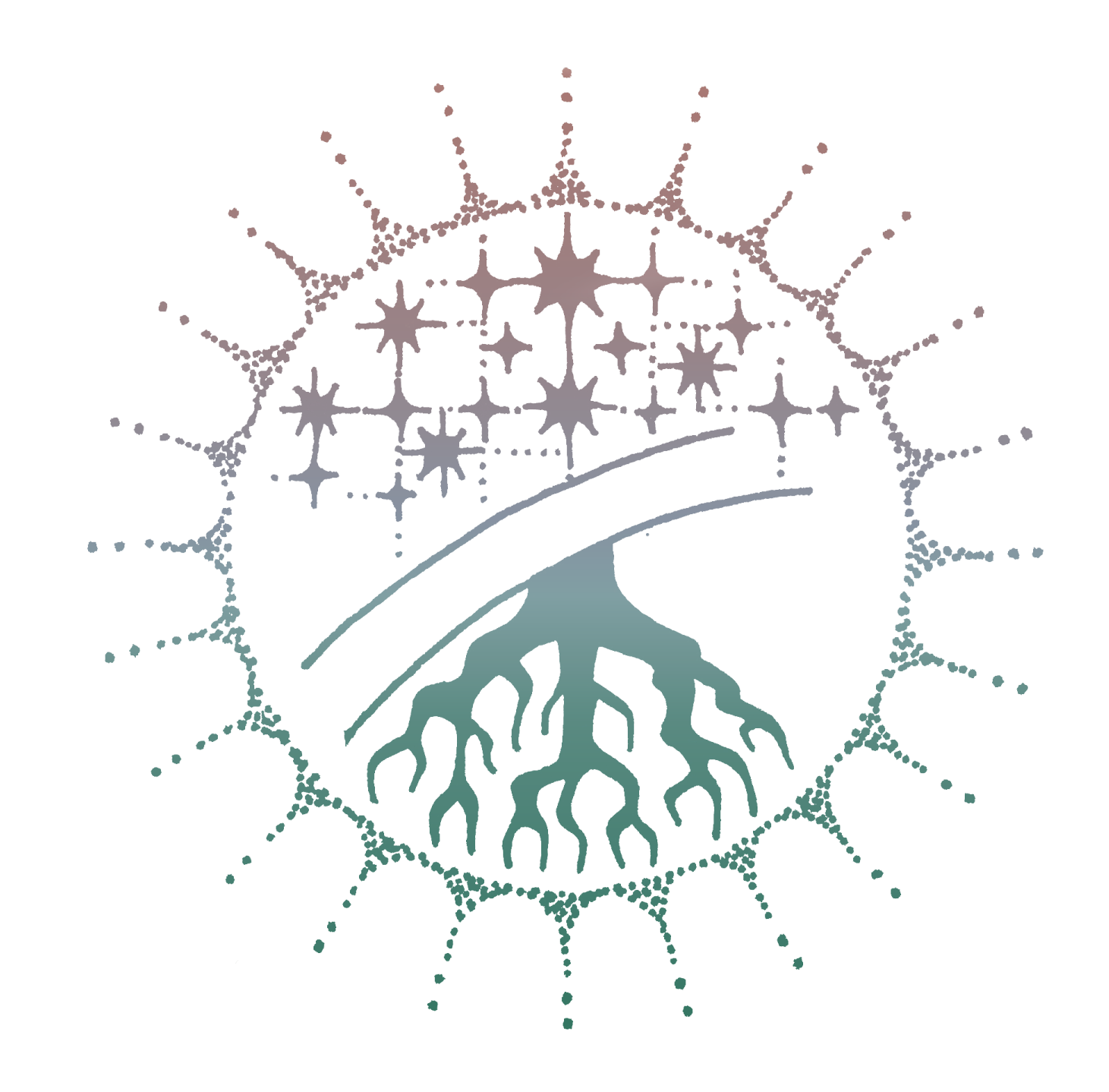A team effort
There is a belief that often comes shows up in my clients, that "you must not mix modalities". It is as if there were contraindications, as if they could overdose from too much help... According to this belief, someone should avoid trying other practitioners/modalities if they are in an active process with a therapist, unless they want to run the risk of "undoing" all the good work done by this person.
Personally, I have always been supported with multiple modalities by different people. One should not confuse "modality speed-dating" - which consists in knocking on every practitioner's door in search of a "solution" to the "problem" but without ever doing any in-depth work - with approaching your issues from several different angles by enriching your therapy with other modalities.
No therapist knows how to do "everything", if only because as human beings, we can only mirror what resonates with us. Often, trauma is like a multi-faceted diamond: the emotional aspect is resolved, but the somatic remains, or the situation is finally understood, but the ancestral loyalties stay stuck. It is in these moments that working with a "team" of diverse practitioners can really help. First because we feel more supported by 5 people than by one, and also because it desacralizes the therapist who "has all the answers" (let's not fool ourselves: in a society based on domination, there's every chance that the relationship with a therapist will resonate with what we have internalized as "authority", parental or otherwise).
Personally, I work more and more with a "team", referring my patients to friends who work in different modalities. This is also why I see people once a month, because it gives them time to digest the session but also to complete it with other approaches if they wish.
What about you? One or several practitioners? One main modality and complementary approaches? Who are the members of your therapeutic "team"?

